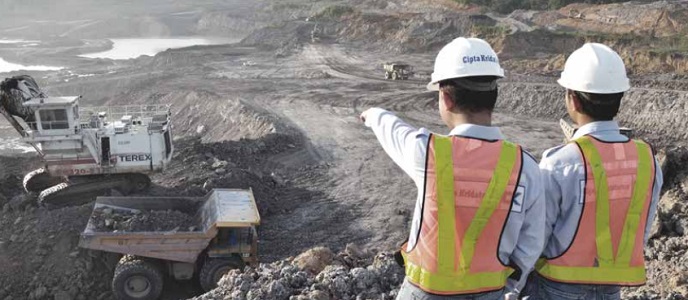Indonesia's 2017 Mineral Ore Export Ban to Be Reviewed
Again there has emerged speculation that Indonesia may not fully implement its ban on exports of concentrates (partially processed metals) in 2017. This controversial ban, part of the country's 2009 Mining Law, aims to boost domestic processing facilities and reduce the country's dependence on raw commodity exports. The ban was originally implemented in January 2014. However, as there was insufficient domestic smelting capacity full implementation would imply a huge revenue loss. Therefore, concentrate exports were allowed to resume (until 2017) provided exporters pay higher taxes, royalties and provide evidence that they are committed to develop smelters.
Sudirman Said, Indonesian Minister of Energy and Mineral Resources, said on Tuesday (16/02) that the government needs to review its mineral ore export ban policy as Indonesia's smelting capacity will still not be sufficient by 2017. The problem is that miners are reluctant to develop costly smelters amid the world's current low commodity prices.

Although - contrary to copper concentrate - the export ban remained intact for nickel ore and bauxite after January 2014, Bambang Gatot, Director General of Coal and Minerals at the Energy and Mineral Resources Ministry, said the government will also review the full ban for nickel ore and bauxite exports. Indonesia is the world's top nickel ore exporter and a major supplier of bauxite.
If the government would allow mineral ore exports after 2017 then it would be a setback for miners such as Freeport Indonesia and Newmont Nusa Tenggara. Both these mining companies were forced - against their will and existing Contracts of Work - to comply with the new 2009 Mining Law and to develop smelting facilities in Indonesia.
